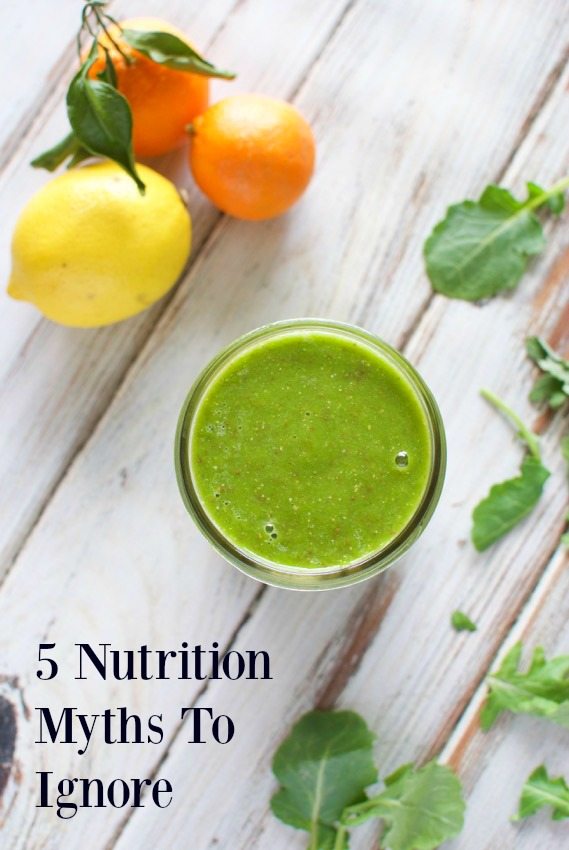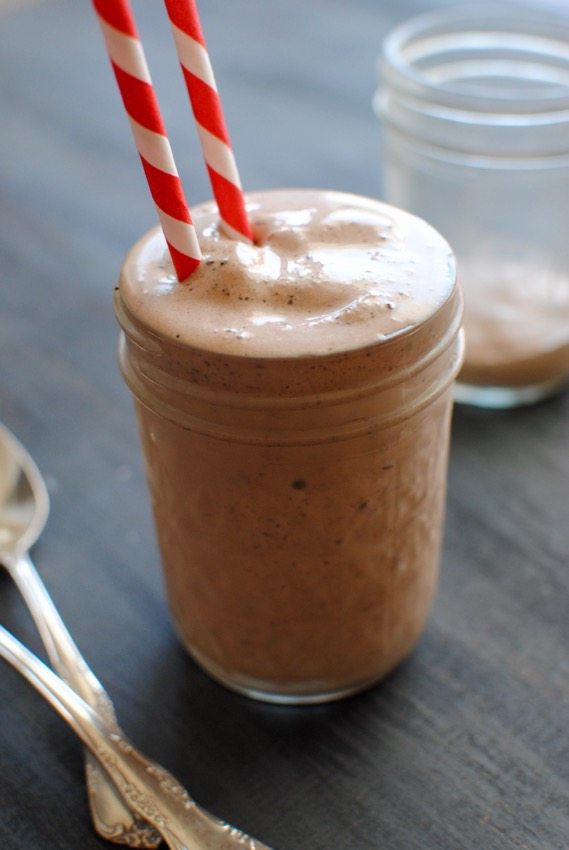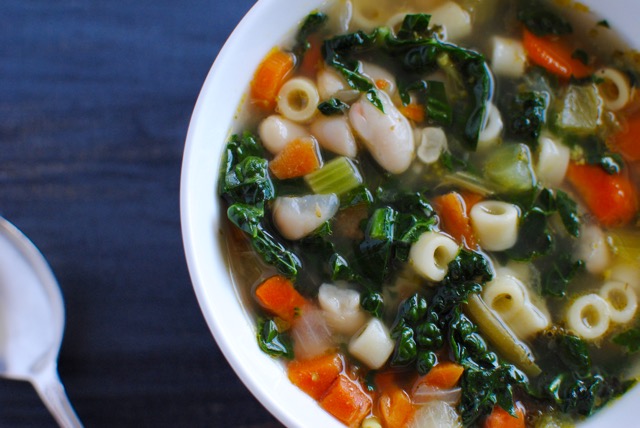There are a million food myths floating around the internet. Here are five of the ones I hear most frequently, busted!
1. Juice cleanses help rid your body of toxins.
Why people believe this: Dieters may believe if they’re experiencing diarrhea or extreme hunger, their body must be shedding bad stuff. But the opposite is true. Cleanse diets actually expel beneficial bacteria and vitamin & mineral stores from the gut, not all the cookies you ate last week.
The truth: Your body’s liver, kidneys and spleen take care of toxins. But you can help these precious organs out by eating real, wholesome, organic foods as much as possible. Eating lots of fruits and vegetables and drinking plenty of water are two habits that help keep the body functioning well. But there is little evidence showing juice or cleanse diets have any positive effect on health.
2. Carbs make you fat.
Why people believe this: A diet high in white refined carbohydrates is definitely not desirable. These foods are high in calories, void of nutrients, and leave little room for the nutritious foods our bodies actually need. But it’s not the carbohydrates that are the problem. It’s the amount of carbohydrates, that they’re stripped of their nutrients, and that the overall calories are too high.
The truth: Bread, cereal, pasta, rice and other grains play an important role in most peoples’ diets. They provide lasting energy, fiber and B-vitamins. The key is to choose high quality carbohydrates (whole, intact grains) most of the time. Save the refined stuff for occasional indulging.
3. Organic food has more pesticides than conventional.
Why people believe this: I have no idea. There’s just no truth to this. Perhaps it’s a message generated by chemical companies to downplay the benefits of organic?
The truth: By definition, organic food must be produced – from seed to table – without the use of toxic, synthetic pesticides. There are some natural pesticides (like rosemary oil, for example) that are permitted, but the farmers I’ve spoken with say they don’t work very well, so they mostly rely on other practices (pest-repelling plants, crop rotation, nourishing the soil, etc) to ward off ever-persistent insects, weeds and fungi.
4. Sugar is toxic.
Why people believe this: Sugar – and sweeteners in general – deserve much of their bad rap. They’re a source of empty calories that we eat way too much of at home, in restaurants and in packaged foods. But “toxic” isn’t really the right word. Sugar itself is not by definition harmful. It’s the amount of sugar, the frequency with which we use it, and that it can be found in SO many forms in our diet (often in code words like “apple juice concentrate” that dupe consumers into believing something is sugar-free when it’s not).
The truth: If you want to maintain a healthy diet and weight, eat mostly unsweetened foods. Use sugar and other sweeteners sparingly so as not to overdo it on calories.
5. A gluten-free diet is a healthier diet.
Why people believe this: Some people who give up gluten find they feel better in general. Perhaps they are gluten-intolerant, or perhaps they have begun eating healthier, more wholesome foods rather than overindulging in processed carbs like they were before. If you switch from eating a huge plate of pasta to eating a plate of veggies & protein, you’re going to feel better. Period.
The truth: You can make dietary shifts that promote better health and a better quality of life without giving up gluten-containing grains for good. Just eat more veggies, and less of everything else. You’ll feel better. [Note: This is true for most of us. Those who have Celiac disease, an autoimmune disease, or true gluten-intolerance may need to limit or eliminate gluten].






4 Comments
Susan
February 18, 2016 at 7:01 pmWhat a brilliant, beautifully written post!!
Margaret Ann @ MAK and Her Cheese
February 19, 2016 at 8:40 pmPreach! This is all so true. Thanks for spreading good information, which is too often twisted or ignored. 🙂
Mark T
January 22, 2018 at 9:23 pmThe “juice cleanse” idea has of course been used by marketers selling juicing machines. BUT the science related to systematic caloric restriction up to clinical fasting is an entirely different thing. A brilliant researcher at USC, Dr. Valter Longo has done research very much worth looking at especially for anyone dealing with afflictions labeled “autoimmune” as his work suggests that fasting can effectively “re-set” immunity and deliver a recovery from these conditions. I know as it worked for me, suffering terribly for 11 months with a skin condition the MDs were calling “dermatitis” after having previously called it “rosacea”–and nothing they had, not antibiotics, oral/topical/injected steroids (one shot gave me a grand total of 5 days of relief) nor any topical remedies did any good. Miraculous.
A collection of his work can be reviewed at
https://news.usc.edu/116479/scientifically-designed-fasting-diet-lowers-risks-for-major-diseases/
numerous links can be found there. I think he’s on YouTube as well.
Amelia Winslow
January 23, 2018 at 11:11 amThanks for your thoughts here, Mark. I’ll review his research at your suggestion.